What Is a Master in International Business Law (MIBL) and Why It’s a Game-Changer for Business Leaders
In today’s global economy, business leaders face challenges that extend far beyond strategy and operations. New trade policies can disrupt a supply chain decision in one country or another. Even the most promising merger or investment can stall without a sharp understanding of legal frameworks that govern international markets.
This is where the Master in International Business Law (MIBL) at the Asian Institute of Management (AIM) comes in.
MIBL is not a law degree. It is a management program designed to help professionals understand how laws, regulations, and policies influence business decisions. It equips leaders with the insight to align strategy with compliance, mitigate risk, and lead responsibly in a complex global environment.
At the Asian Institute of Management (AIM), the Master in International Business Law equips professionals with both perspectives. It is designed for legal and business professionals who recognize that in Asia’s fast-evolving markets, success requires more than vision. It demands the ability to negotiate complex deals, anticipate regulatory risks, and guide organizations through the legal realities of global trade.
In this article, we will outline what the program is and how you can leverage it to achieve success.
What Is a Master in International Business Law (MIBL)?
The MIBL program focuses on the legal implications of business transactions in international markets. Unlike traditional law degrees centered on litigation, or MBAs focused solely on operations and finance, MIBL bridges the knowledge gap—empowering professionals to anticipate and manage the legal dynamics of global commerce.
So, how many years is a master’s degree in International Business Law? At AIM, MIBL is delivered as an 18-month hybrid program. The format is deliberate: it provides legal practitioners and business leaders with the opportunity to continue their careers while participating in a curriculum that strikes a balance between theory and practice. The program covers a broad spectrum of topics, including:
- Environment, Sustainability, and Ethics
- Business Formation and Organization
- Commercial Arbitration and Alternative Dispute Resolution
- Contracts and Negotiations
- International Trade
- Intellectual Property Rights
- Financial Management
These are not abstract subjects. Through case studies, simulations, and practice-driven exercises, students learn how to draft and negotiate international contracts, advise on large-scale acquisitions, and identify and mitigate the legal risks associated with entering new markets.
This dual perspective is what makes MIBL so valuable. Graduates do not leave as lawyers alone or managers alone. They leave as professionals who can speak the language of both the boardroom and the courtroom, able to align legal frameworks with business goals.

Emerging Industries in Asia Where MIBL is an Advantage
Asia today is a growth hub for global business. The region is home to some of the fastest-growing industries worldwide, from financial technology to cybersecurity. Southeast Asia is rapidly emerging as a hub for innovation in e-commerce, IT, and digital services, all of which rely on robust legal and regulatory frameworks to thrive.
For leaders in these industries, having a background in international business law can be a competitive advantage. Let’s take a closer look at five sectors where taking a master’s degree in International Business Law is a distinct advantage.
Business Process Outsourcing (BPO)
The BPO sector remains a cornerstone of economies like the Philippines. However, outsourcing has evolved far more sophisticated than just call centers alone. Today’s firms manage data analytics, customer experience, and even financial processes for multinational clients. With this growth comes the challenge of handling sensitive data in accordance with international laws, such as the General Data Protection Regulation (GDPR). An MIBL graduate can help companies navigate client contracts, ensure compliance with data privacy regulations, and structure agreements that protect both parties.
Information Technology
Asia’s IT industry has become a powerhouse. From software development to cloud services, regional players compete on a global stage. Yet intellectual property disputes and cross-border vendor agreements can complicate growth. Professionals with MIBL training understand how to protect intellectual assets, negotiate joint ventures, and anticipate regulatory hurdles when scaling internationally.
E-Commerce
E-commerce in Southeast Asia has experienced explosive growth, with millions of new consumers shopping online each year. But the legal infrastructure is still catching up. Issues such as consumer protection, digital payments regulation, and taxation vary by country. Leaders who understand both the business model and the legal landscape are better equipped to build sustainable platforms that win consumer trust.

Financial Technology (FinTech)
FinTech is one of the most heavily regulated industries in Asia. Whether launching a digital bank or creating a payments platform, businesses must comply with strict licensing, anti-money laundering, and cross-border financing regulations. A degree in MIBL equips leaders to balance regulatory requirements with innovative growth strategies, allowing them to scale responsibly.
Cybersecurity
Cyber threats have become boardroom issues, not just IT concerns. Governments are enacting stricter laws around cyber resilience, data breaches, and corporate liability. Leaders trained in international business law can interpret these regulations, ensure compliance, and design strategies that protect both digital infrastructure and corporate reputation.
In each of these industries, business law expertise is not just an edge. It is a prerequisite for sustainable success. That is why the MIBL has become so relevant for professionals in Asia and beyond.
Advantages of Taking Master in International Business Law at AIM
There are several benefits to pursuing a master’s degree in International Business Law at AIM. Here are some of them:
Business-Law Synergy
The MIBL at AIM is not a law degree with token business courses, nor is it an MBA with occasional legal electives. It is purposefully designed as a management program that integrates legal literacy into business strategy. Graduates emerge able to structure transactions, anticipate risks, and lead with confidence in highly regulated environments.
ASEAN and Asia-Pacific Relevance
Many international programs are designed with a Western perspective. The MIBL program at AIM, on the other hand, is contextualized for the ASEAN and Asia-Pacific region, one of the most diverse and rapidly growing economic zones in the world. This regional grounding ensures that lessons are immediately relevant to the realities of local markets.
Cross-Functional Cohort
The program attracts professionals from law, corporate leadership, finance, and regulatory agencies. This mix fosters dynamic classroom discussions and builds networks that extend across industries and borders. Students learn as much from one another as they do from faculty.

Practice-Driven Curriculum
The emphasis is on application, not just theory. From contract negotiation exercises to compliance case studies, students are constantly placed in simulated environments where they must apply knowledge to solve real-world problems. This hands-on approach prepares graduates to deliver results from day one.
Hybrid Delivery
Finally, the hybrid format provides accessibility without compromising rigor. Working professionals can maintain their careers while engaging in immersive, in-person sessions that bring concepts to life.
Exclusive Program
What truly sets AIM apart is exclusivity. AIM is the only institution in the Philippines offering a program that deliberately bridges business and international law in an Asian context. While other universities may offer MBAs or specialized law degrees, the MIBL program stands out as the singular program that prepares graduates to lead confidently at the intersection of governance, compliance, and global commerce.
Bridge the World of Law and Business at the Asian Institute of Management
Learning what a master’s in International Business Law is about goes beyond defining a degree. It is about preparing leaders for the realities of global commerce. In Asia, where industries from FinTech to e-commerce are expanding at record speed, the ability to navigate legal frameworks is as critical as financial acumen or operational excellence.
The MIBL program is more than just an academic program. It is a career accelerator that equips professionals with the skills to lead in both boardrooms and regulatory arenas.
Advance your career and position yourself at the forefront of Asia’s business transformation. Explore the program today. Inquire now!


